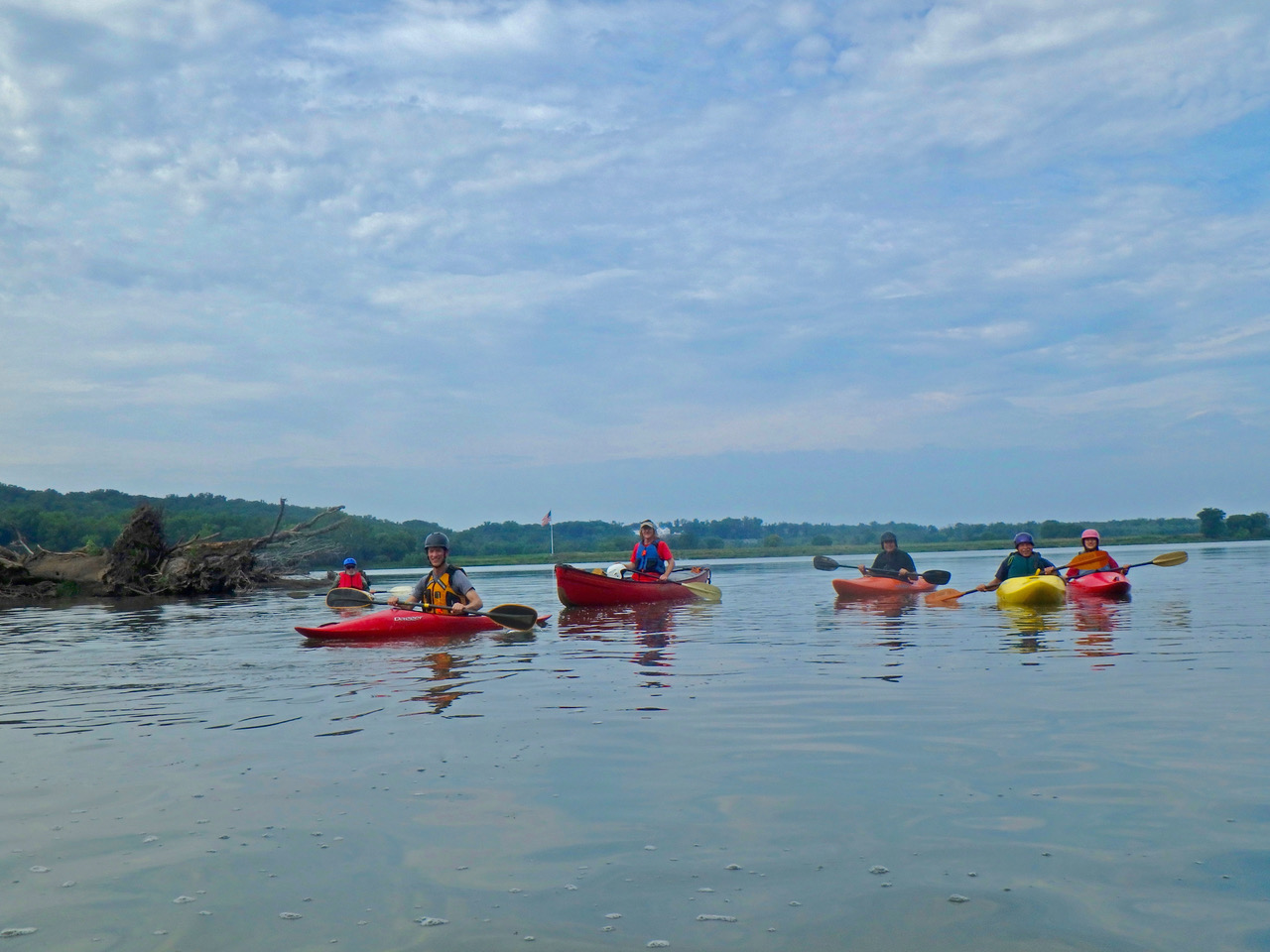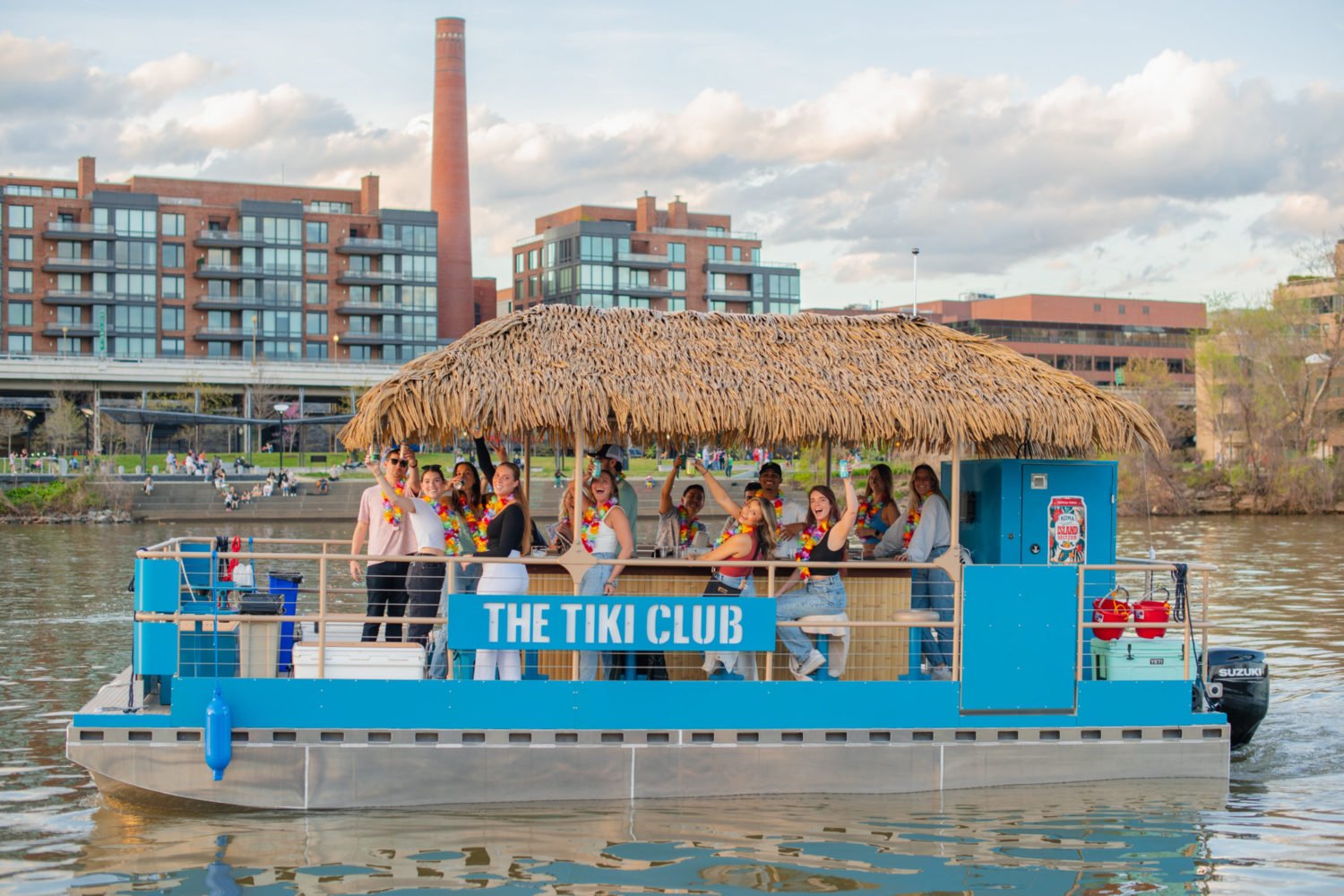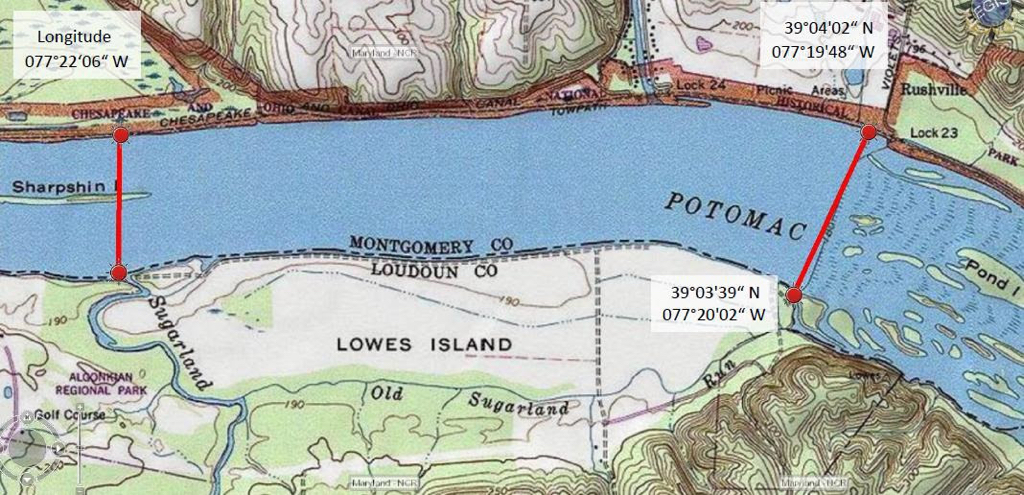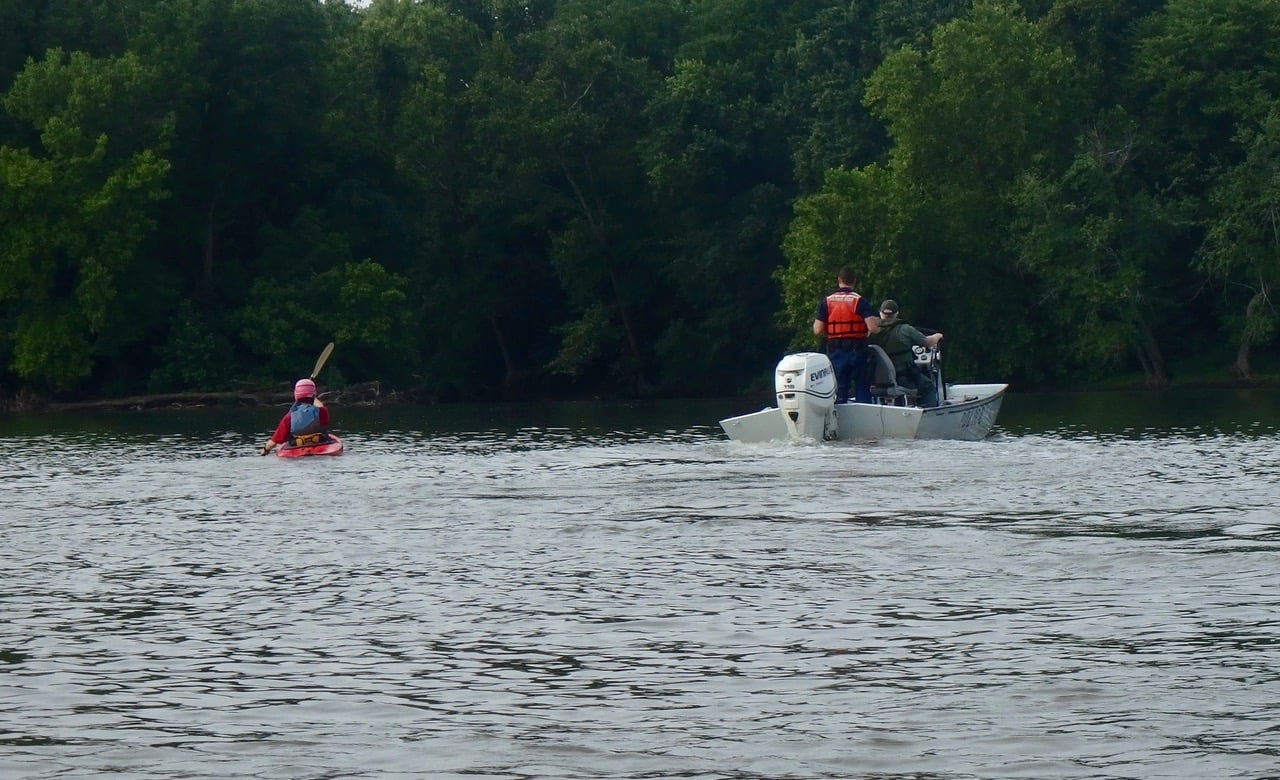The Trump White House has yet another legal headache—and this time, the other side brought paddles. The Canoe Cruisers Association of Greater Washington filed a lawsuit in Maryland Thursday against members of the administration, alleging defendants Karl L. Schultz, the commandant of the US Coast Guard, and Kirstjen M. Nielsen, the secretary of Homeland Security, failed to properly notify residents and surrounding businesses of a policy that locked them out of a 1.6-mile stretch stretch of the Potomac River.
Paddling and boating enthusiasts have been at odds with the administration for the better part of a year, after the Coast Guard implemented a then-temporary shuttering of a stretch of the river nearly 30 miles upriver from Washington, adjacent to Trump National Golf Club in Sterling, Virginia. Thursday’s complaint challenges the Coast Guard’s regulation, which it says “revokes the public’s legal right to access and enjoy a popular section of the Potomac River whenever President Trump visits Trump National.”
The Canoe Cruisers Association further charges that the DHS neglected to address or act on over 600 public comments from impacted individuals, violating processes required by agency regulatory rules. They additionally claim that the established boundary is “arbitrary and capricious because it is overbroad, fails to provide adequate notice to the affected community regarding when it will be in force, lacks an end date, and exceeds the scope of DHS’s statutory authority.”
CCA attorney Nitin Shaw tells Washingtonian that the boundary imposed by the Coast Guard directly endangers citizens by forcing them into dangerous, quick rapid sections of the Potomac. Shaw adds that groups like CCA are now inhibited from regular course of business, like teaching swift danger rescue while ensuring conservation and clean up efforts. While the CCA has been in communication with the DHS and the Coast Guard, they have not heard anything from either entity or the White House.
“The ball’s been in their court for over a year,” Shaw says. “We hope with this lawsuit they certainly do what is right and reverse this rule to accommodate the very serious ramifications on the paddling community.
CCA chair Barbara Brown says it’s not just her nonprofit that should be concerned about the regulation: “What about the tourists who stumble in? If they happen to get to pass a certain boundary, they can get stuck and be forced to the dammed-off edge where the waters are very high, and very rough.”
That dam, which falls adjacent to Violettes Lock, is navigable for those trained in whitewater rapids but could present a serious challenge to the casual kayaker or even the Secret Service themselves, Brown says. Currently, water levels are at 7.9 ft, according to data from the Department of the Interior.
Brown herself was confronted by an armed officer last week while she was on the water: “they would just come up to you and question you […] I found it very uncomfortable.”
She insists, however, that her group is in no way political.
“This is not a personal animosity against the Trump, or any, administration. We’re just trying to paddle our own canoes.”




















